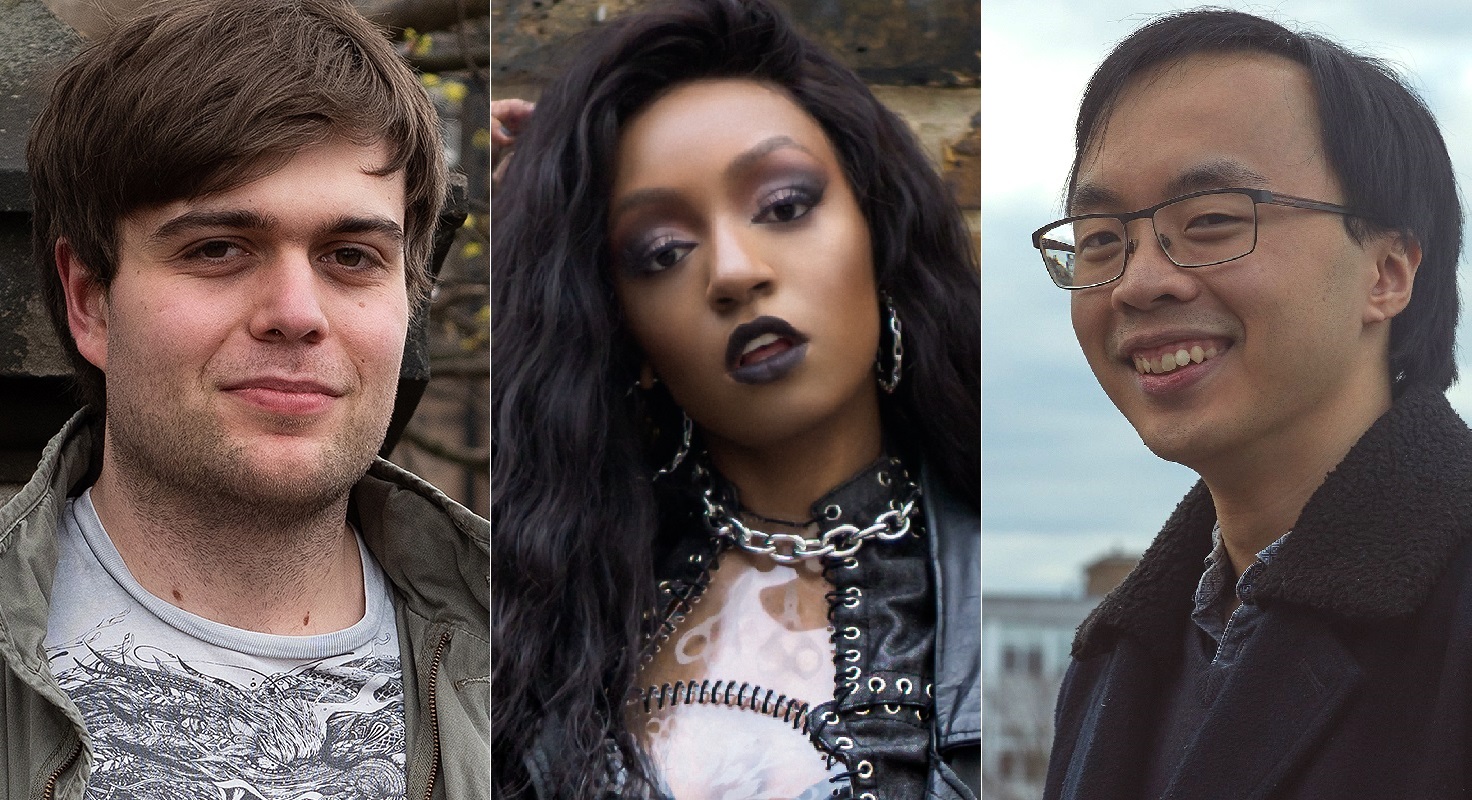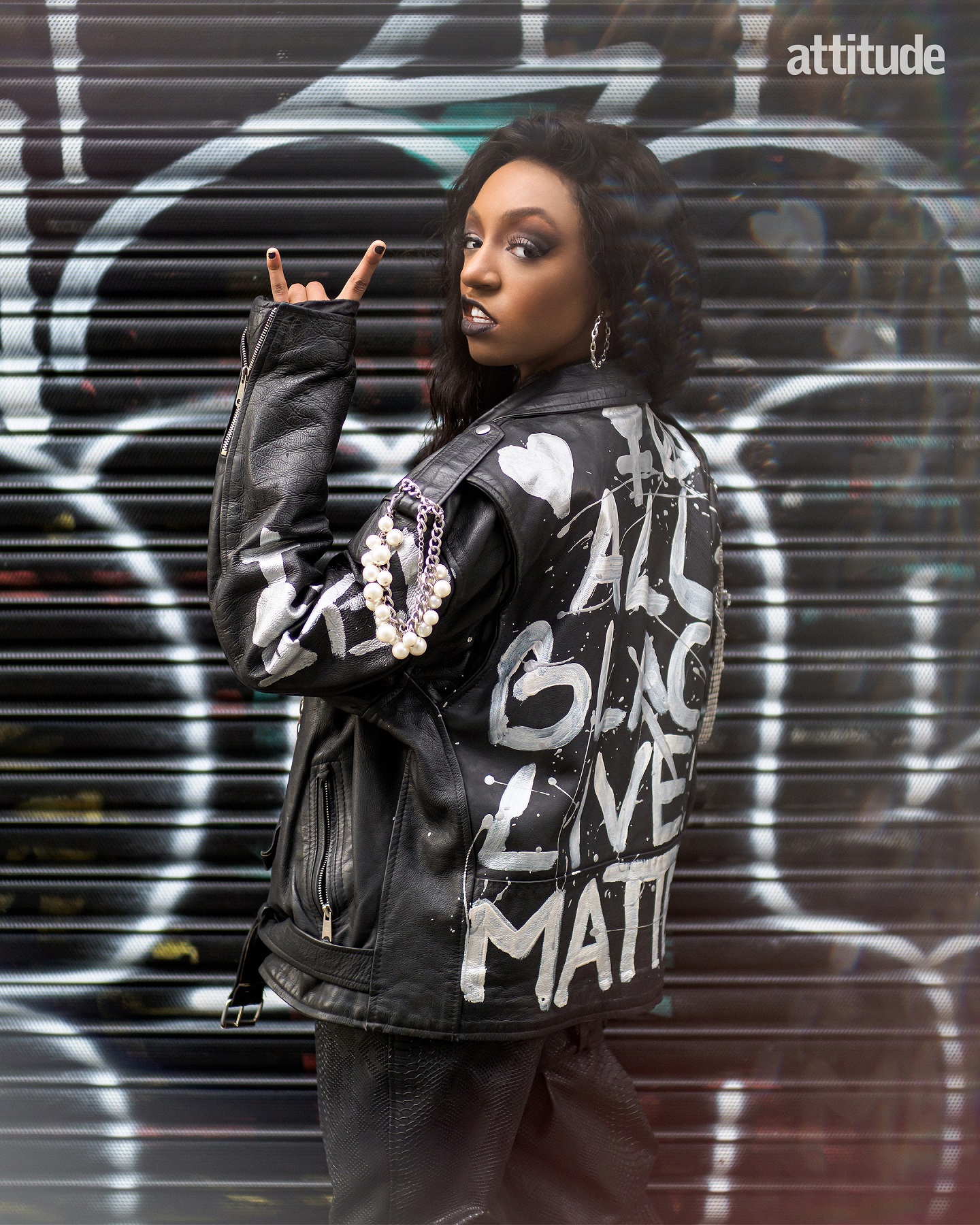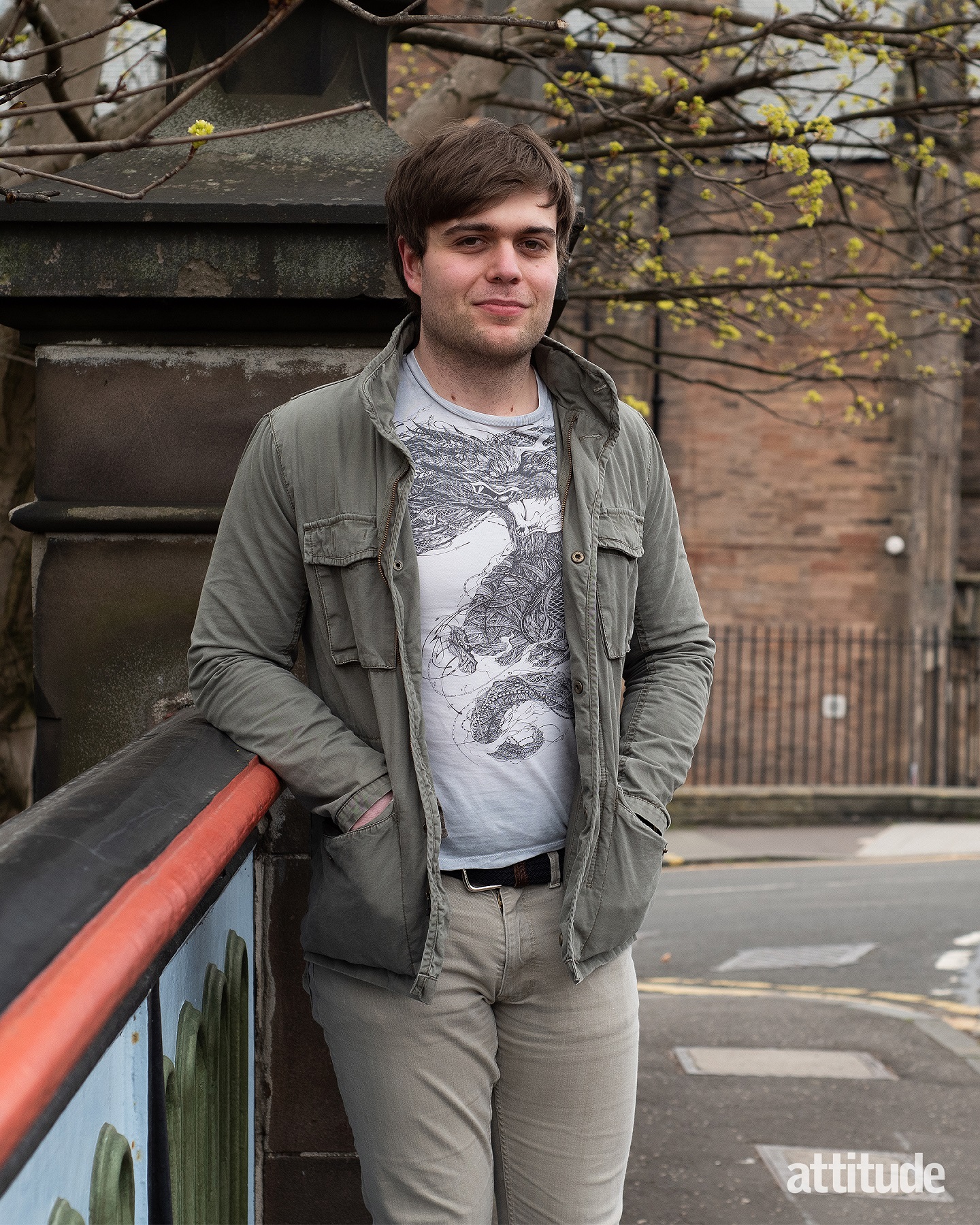What’s it like to be asexual? Debunking the biggest myths about lack of sexual attraction
Three asexuals reflect on the most common misconceptions in the Attitude Sex & Sexuality issue.

Words: Thomas Stichbury
More often than not, the letter ‘A’ hanging out at the end of the LGBTQIA+ acronym is either overlooked or, worse, ignored.
Although representation and visibility is improving, asexuality (applied to a person who does not experience sexual attraction) is still met with confusion.
With that in mind, Attitude asked asexual activist, model and writer Yasmin Benoit to lead a conversation about her community with two other asexuals, Daniel Walker and Richard Ng, in the Attitude Sex & Sexuality issue, out now to download and to order globally.
Shining a light on the different shades of asexuality, the trio unravel the knottiest issues they have had to face – including the most maddening misconceptions…
Yasmin Benoit – 24, asexual and aromantic (not desiring of romantic relationships at all)

Photography: Francis Kinsella
“I have overwhelmingly been met, after I initially came out, with straight-up disbelief… It can get some messy reactions; I’ve had times where I’ll be sitting at someone’s house, drinking a cup of tea, talking about a TV show, and then the next thing you know, I’ve got six people asking me about how often I masturbate and what’s that like.
“I’m like, ‘I’m just here to drink a cup of tea, that’s not what we’re doing today’. It invites some very inappropriate, sometimes aggressive, sometimes very uncomfortable reactions.
“Whenever people say to me, ‘If you haven’t had sex, you can’t know’ – especially if a guy says that, a straight guy – I’m, like, ‘Well, how much gay sex did you have before you realised you were straight?’ Usually, you quickly find that they didn’t have much gay sex before they determined they were straight.
“Also, when they say you haven’t found the right person yet – there are loads of asexual people who have found the right person and they’re still asexual; they’re in love with the person, they have a family with the person, they’re in a platonic relationship, they’re soulmates.”
Daniel Walker – 24, asexual and homoromantic (romantically by not sexually attracted to the same gender)

Photography: Craig Waddell
“I definitely see people assuming it’s a mental health issue, or you’re depressed, that’s what’s causing your asexuality. Or even in some extreme cases, that when they find out someone is asexual, they assume someone must have been traumatised.
“What I have seen quite a lot recently is the misconception that asexuality means that the person is inherently non-sexual.
“What I mean by that is, asexuality is defined by a lack of sexual attraction, but that is completely separate from a lot of other things which are sexual; for example, having sex or masturbating or watching porn or even dressing in a way that society would see as sexual.
“People assume that if you’re asexual, you must completely desexualise your appearance, and you can’t masturbate and you can’t watch porn, whereas I feel like – I don’t know, it’s not a standard other orientations are held to.”
Richard Ng – 25, asexual and heteroromantic (romantically but not sexually attracted to the opposite gender)

Photography: Francisco Gomez de Villaboa
“For me, the biggest [misconception] is this idea of, ‘You couldn’t possibly know that you’re asexual, because sex is a good thing and if you had experienced it…’
“There’s lots of things in that: Firstly, equating sexual orientation with sexual activity: I personally don’t engage in sexual activity, but obviously some asexual people do… If I say I’m asexual, they’ll refuse to accept it because, as it happens, I’m a virgin, I’ve never had sex, and they will read into that ‘Oh well, you are naive about this, you couldn’t possibly know that you’re asexual, you’ve just not met the right person’.
“My parents are actually GPs and when I first came out to them, I can’t remember exactly how, but there was this sort of like, ‘Maybe you need to see someone about this’. I don’t know, latent testosterone or something like that.”
Read the full feature in the Attitude Sex & Sexuality issue, out now to download and to order globally.
Guarantee your François Sagat or Reno Gold cover in print by subscribing here using either code FRANCOIS or RENO.
Subscribe digitally to the Attitude mobile and tablet edition for just over £1 per issue (limited time only).

